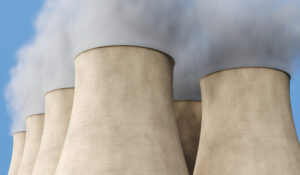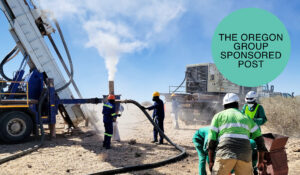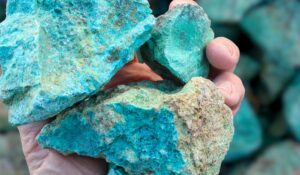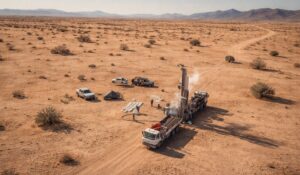Indonesia is lining up a massive green industrial development Australia’s Fortescue Metals Group and China’s Tsingshan Holding Group.
According to Luhut Pandjaitan, Indonesia’s coordinating minister for maritime affairs and investment, the two companies have been in talks since early this year about building a smelting complex near the planned 11,000-megawatt Kayan hydropower project in North Kalimantan. The complex will process iron, nickel, and copper ores and could begin operations as soon as 2023.
The scale of investment is… significant. Fortescue is reportedly considering up to $12 billion, while Tsingshan could contribute as much as $30 billion. All told, Luhut said the total investment—including the dam itself—could reach $100 billion over the next decade, with groundbreaking expected in October.
Fortescue has already made early moves in Indonesia through its clean energy subsidiary, Fortescue Future Industries (FFI). Tsingshan is also a big player in Indonesia. The Chinese steel and nickel giant has already sunk a lot of capital into the country, from stainless steel operations to large-scale industrial parks.
Indonesia has been aggressive in looking for investment to help it climb up the EV supply chain and this is likely just one more step in an even bigger plan. Already the world’s largest producer of nickel, the country has banned exports of unprocessed ore and is pushing to build out domestic smelting and refining capacity.
One hurdle to that ambition has been the environmental impact of its traditional smelters, many of which are powered by coal. Automakers and battery manufacturers, increasingly under pressure to meet ESG standards, have been reluctant to tie themselves to carbon-heavy operations.
That’s why the Borneo project is a particularly big deal – a smelting complex powered by clean energy is a deal changer for the country.
Anthony Milewski
Chairman, Nickel 28 Capital











